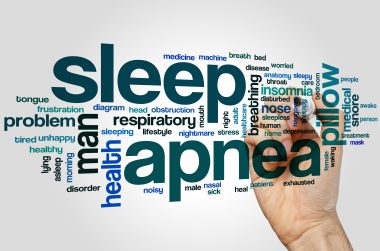Looking for Expert-Level VA Claim Answers?📱Call Us Now! 737-295-2226
In this post, we’ll look at asthma and sleep apnea VA disability. We’ll walk through how to get service connected, how to file your VA claim, how the VA rates asthma and sleep apnea, and more.
Can you get VA disability for BOTH asthma and sleep apnea?
Let’s dive in and find out.
Table of Contents
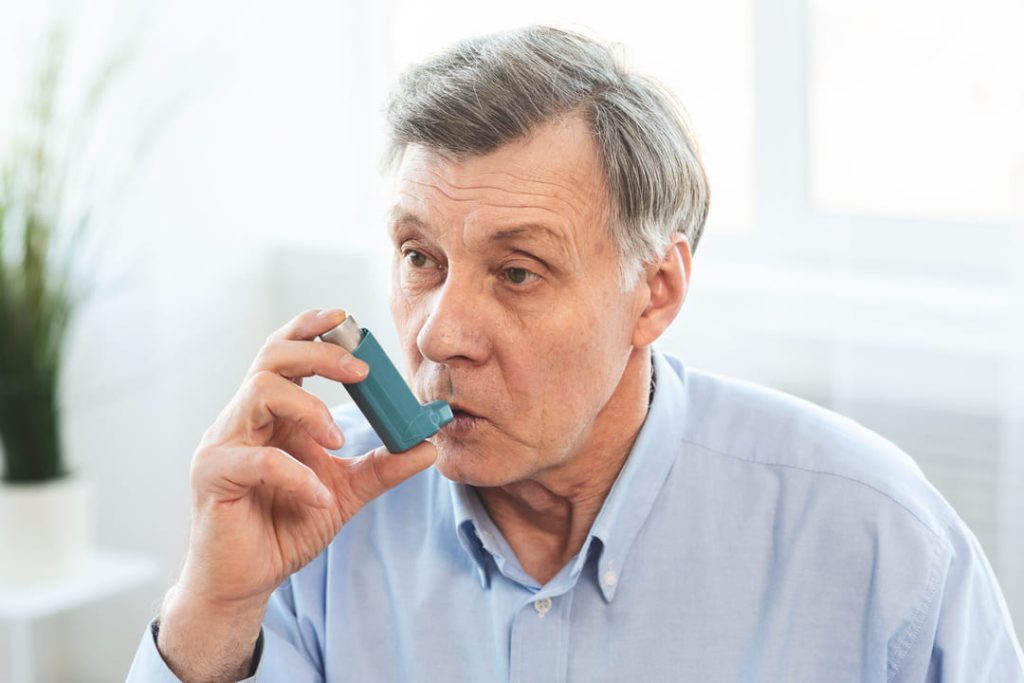
Deserve a Higher VA Rating?
Book a no-obligation VA Claim Discovery Call with an experienced team member. We’ll review your situation, spot what the VA may have missed, and help you map out a strategy to unlock the VA disability rating and tax-free compensation you’ve earned for your service. Click the red button below to book your call.
Asthma and Sleep Apnea in Veterans
Asthma and sleep apnea are common among veterans, adversely affecting each other and disrupting quality of life.
This guide will help you understand how to get VA disability for asthma and sleep apnea, how to service-connect your condition, and the steps to filing a claim.
While it’s true that you could potentially qualify for both asthma and sleep apnea VA disability—but it’s not what you think.
Can I Get Asthma and Sleep Apnea VA Disability?
You may be eligible for VA disability for asthma and sleep apnea—but you will ONLY receive the HIGHER VA rating of the two conditions.
Instead of the condition with the more severe condition, you’ll receive a VA rating for the condition with the highest possible rating.
For example, if you receive a 30% VA rating for asthma and a 50% VA rating for sleep apnea, you will receive a 50% VA disability rating.
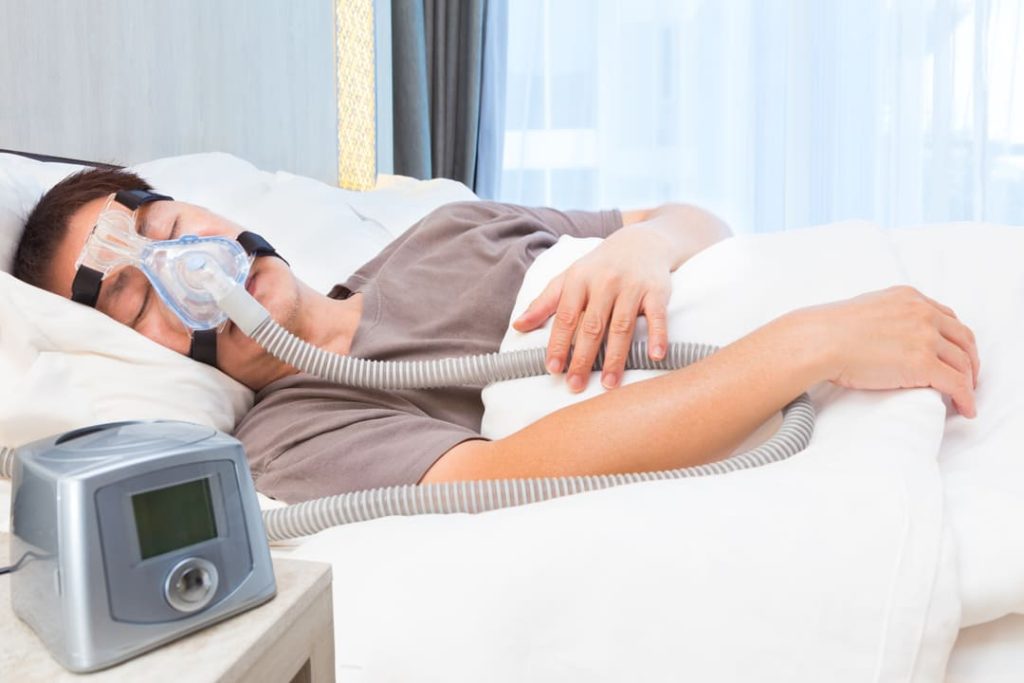
How to Service Connect Your Asthma and Sleep Apnea VA Disability
To receive VA disability for asthma and sleep apnea, you must meet the following requirements for service connection:
· A current medical diagnosis of your condition
· An in-service event, injury, illness, or aggravation
· A medical nexus (or link) between the current diagnosis and the in-service event, injury, or illness (can be a Nexus Letter)
How to File a VA Claim for Asthma and Sleep Apnea
You can file a claim for VA disability for asthma and sleep apnea using the following five steps:
1. Gather Documentation: Collect medical records showing current diagnosis, test results, service records, and other evidence, such as a medical Nexus Letter or Independent Medical Opinion (IMO) linking your condition to your military service.
2. Complete VA Form 21-526EZ: Fill out this form to apply for disability compensation. Include details about your symptoms and how it affects your daily life.
3. Submit Your VA Claim: Send the completed form and supporting documents to the VA regional office handling your claim. You can submit it online through the VA website, by mail, or in person.
4. Undergo Examinations: The VA might schedule you for medical examinations (including a possible C&P exam) to evaluate the extent of your condition.
5. Await the Decision: The VA will review your VA claim, considering the evidence provided.
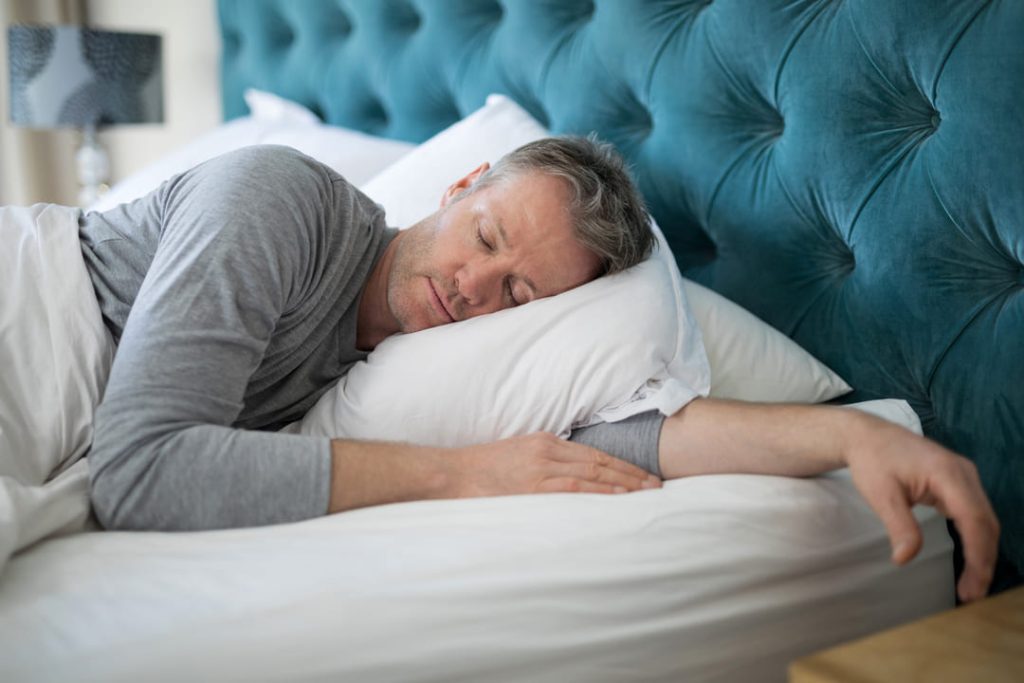
VA Disability Asthma and Sleep Apnea
How the VA Rates Sleep Apnea
The VA rates sleep apnea at 0%, 30%, 50%, or 100%, depending on the severity of your symptoms and whether you require a breathing device. You can find the sleep apnea VA rating under CFR, Part 4 Schedule of Ratings, Diagnostic Code 6847, Sleep Apnea Syndromes (Obstructive, Central, Mixed).
See also:
NEW Changes Coming to VA Ratings for Sleep Apnea
Why The 50 Percent CPAP VA Rating Is About to Change!
Sleep Apnea VA Ratings Explained
VA rating chart for sleep apnea is listed below.
| Diagnostic Code 6847, VA Disability for Sleep Apnea Syndromes (Obstructive, Central, Mixed) | VA Rating |
| Chronic respiratory failure with carbon dioxide retention or cor pulmonale (a condition that causes the right side of the heart to fail), or requires tracheostomy | 100% |
| Requires use of breathing assistance device such as continuous airway pressure (CPAP) machine | 50% |
| Persistent daytime hypersomnolence | 30% |
| Asymptomatic but with documented sleep disorder breathing | 0% |
How the VA Rates Asthma
The VA rates asthma at 10%, 30%, 60%, or 100%, depending on the severity of your condition. Asthma is a bronchial disorder most rated under CFR 38, Part 4, VA Schedule of Ratings, Diagnostic Code 6602, Asthma, Bronchial.
See also: VA Disability Rating for Asthma Explained!
You may be eligible for a VA disability asthma rating if you qualify for one of the following:
| Diagnostic Code 6602, VA Disability Rating for Asthma, Bronchial | VA Rating |
| FEV–1 less than 40-percent predicted, or; FEV–1/FVC less than 40 percent, or; more than one attack per week with episodes of respiratory failure, or; requires daily use of systemic (oral or parenteral) high dose corticosteroids or immuno-suppressive medications | 100% |
| FEV–1 of 40- to 55-percent predicted, or; FEV–1/FVC of 40 to 55 percent, or; at least monthly visits to a physician for required care of exacerbations, or; intermittent (at least three per year) courses of systemic (oral or parenteral) corticosteroids | 60% |
| FEV–1 of 56- to 70-percent predicted, or; FEV–1/FVC of 56 to 70 percent, or; daily inhalational or oral bronchodilator therapy, or; inhalational anti-inflammatory medication | 30% |
| FEV–1 of 71- to 80-percent predicted, or; FEV–1/FVC of 71 to 80 percent, or; intermittent inhalational or oral bronchodilator therapy | 10% |
Note: If asthma isn’t found during the examination, there should be a documented history of asthma attacks.
Can Asthma Cause Sleep Apnea?
Asthma doesn’t directly cause sleep apnea, but many studies show a link between asthma and sleep apnea, where each condition adversely affects the other. For example, it’s common for asthma to worsen an already diagnosed case of sleep apnea and vice versa.
The three forms of sleep apnea are:
- Obstructive sleep apnea (OSA) – This is the most common type of sleep apnea and occurs when the muscles at the back of the throat relax excessively during sleep, leading to the partial or complete blockage of the airway. OSA is often associated with loud snoring, choking, or gasping for air, and daytime sleepiness.
- Central sleep apnea (CSA) – CSA is less common than OSA and is characterized by a failure of the brain to send the appropriate signals to the muscles responsible for breathing. This causes the individual to temporarily stop breathing during sleep. Unlike OSA, there is no physical obstruction of the airway in CSA.
- Complex sleep apnea: This type of sleep apnea, sometimes called treatment-emergent central sleep apnea, is a combination of obstructive sleep apnea (OSA) and central sleep apnea (CSA).
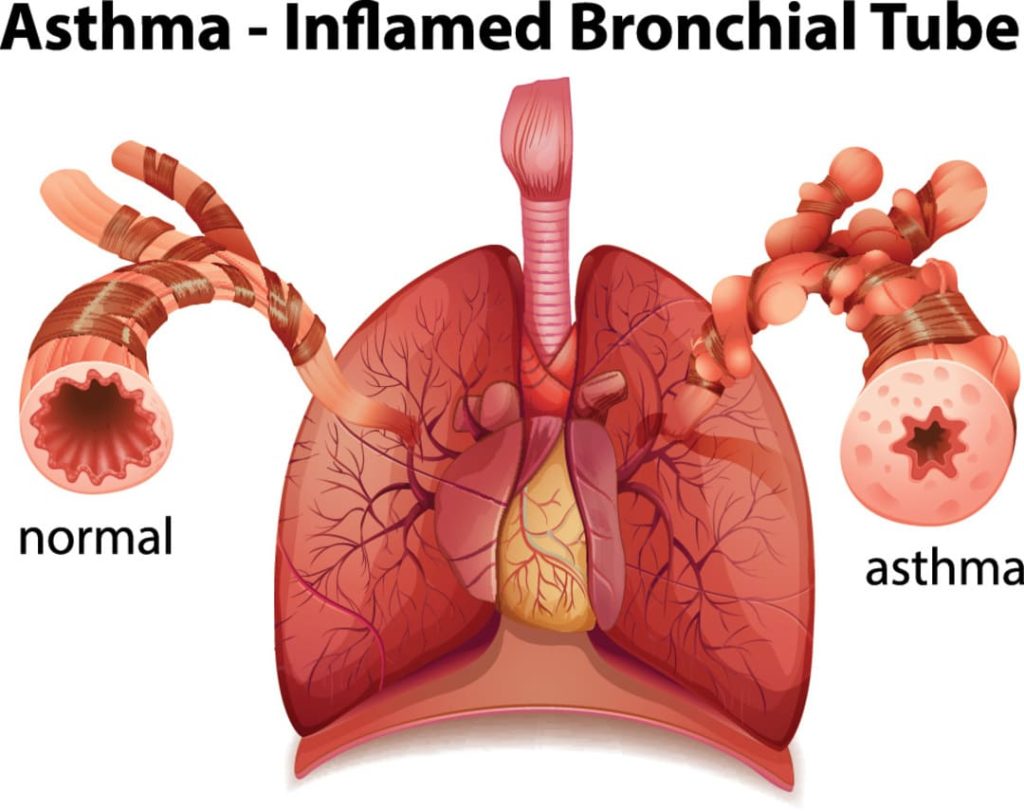
Sleep Apnea Secondary to Asthma VA Rating
As a veteran, you may be able to file a VA claim for sleep apnea secondary to asthma. For example, if you already have a VA rating for asthma and can prove your condition is caused by sleep apnea, you may be eligible for a secondary service connection.
VA secondary conditions occur when a service-connected disability causes or aggravates a new or pre-existing condition, illness, or injury.
Your sleep apnea secondary to asthma VA rating will depend on the severity, frequency, and duration of your symptoms.
Asthma and Sleep Apnea VA Disability Denied?
You can file an appeal if your VA disability asthma and sleep apnea claim was denied, and you feel entitled to compensation and benefits.
If the VA decision was dated on or after February 19, 2019, you have three options to continue your case:
NEED MORE ASSISTANCE?
Most veterans are underrated for their disabilities and, therefore, not getting their due compensation. At VA Claims Insider, we educate you on how to take control of the claims process so you may get the rating and compensation you’re owed by law. If you’ve filed your VA disability claim and have been denied or have received a low rating—or you’re unsure how to get started—reach out to us!
Our process takes the guesswork out of filing a VA disability claim and supports you in building a fully developed claim (FDC)! Take advantage of a VA Claim Discovery Call. Learn what you’ve been missing—so you can FINALLY get the disability rating and compensation YOU DESERVE!
About the Author

Kelly Olone
Kelly Olone is a military spouse who earned her degree in Psychology from Florida International University. After working in the non-profit sector for several years, she turned to her passion for writing. She aims to contribute to a better understanding of the valuable benefits that veterans deserve. As a mom, Kelly navigates the delicate balance between deadlines and bedtime stories with finesse.

